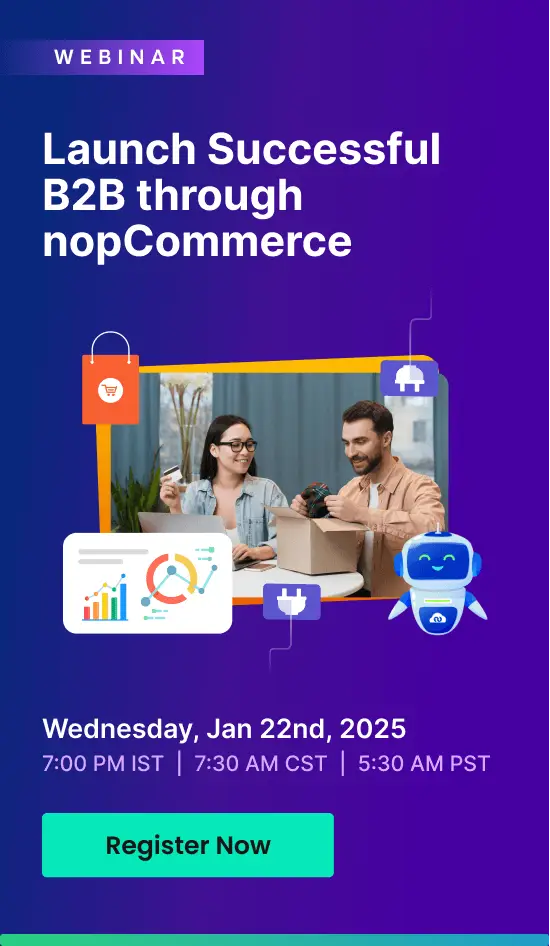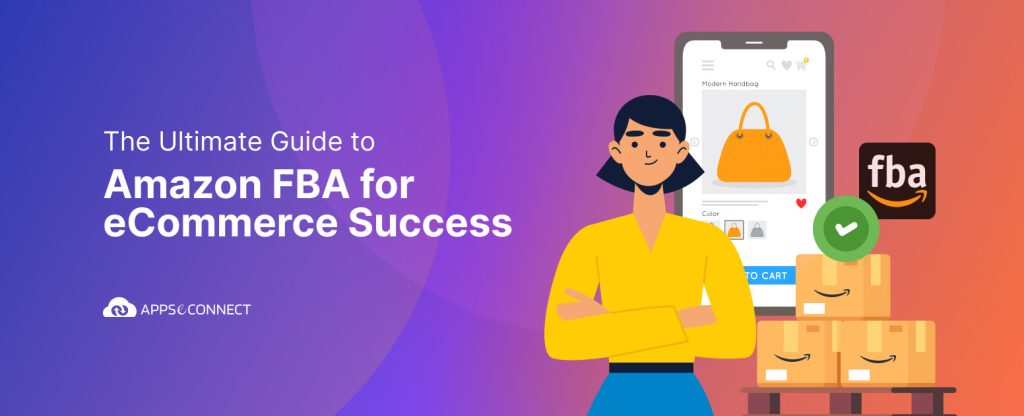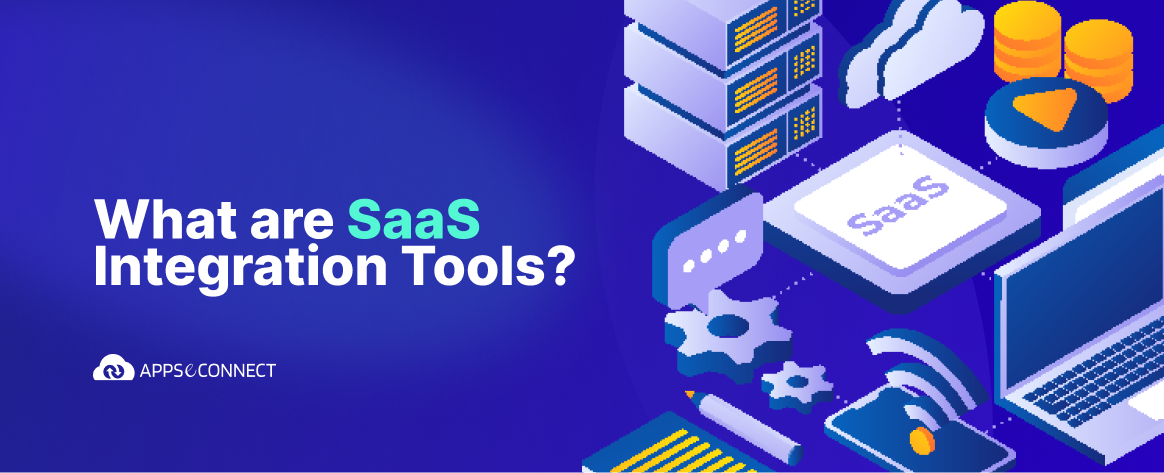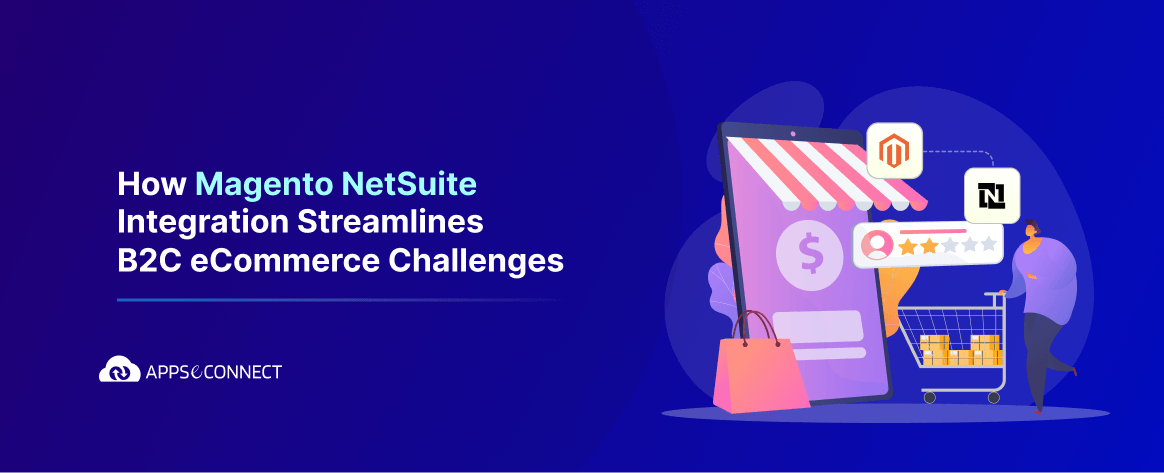Amazon is the biggest marketplace where sellers and merchants can sell their products to a global network of millions of buyers. That being said, selling on Amazon is still challenging when you have to manage logistics, returns, refunds, and above all, provide top-notch customer service. What if sellers could manage their eCommerce businesses without ever dealing with these challenges? That’s exactly what Amazon FBA (Fulfilment by Amazon) does.
This innovative service by Amazon is a game-changer in the e-commerce sector. It allows sellers to entrust their entire inventory and logistics to Amazon’s fulfillment centers. As a result, they no longer need to manage their product stock, handle returned orders, or deal with the complexities of shipping and customer inquiries. Amazon FBA streamlines these processes, offering sellers a hassle-free solution.
Are you ready to leverage the benefits and enjoy the convenience that comes with Amazon FBA? Then read on to know all about the FBA program, how it works, what it costs, how to sign up and enable this service, and more. Further, we’ll also explain how FBA is revolutionizing the eCommerce business model for manufacturers, wholesalers, resellers and dropshippers on the world’s biggest online marketplace.
What is Amazon FBA (Fulfilment by Amazon) and Everything You Need to Know
Fulfillment by Amazon (FBA) is a useful service offered by Amazon to sellers on their platform. After signing up for FBA, you can send your products to Amazon’s fulfillment centers, and they will handle all the logistics and customer service on your behalf. That means Amazon will take care of:
- storage and warehousing of your product inventory,
- packing, shipping, and delivering your orders,
- processing returned orders, and,
- providing exceptional customer support.
In short, Amazon will take 100% responsibility for order fulfillment, so you can focus more on promoting your products, getting more orders, and growing your eCommerce business.
How does Amazon FBA work?
The overall process of fulfillment by Amazon can be broken down into five steps.
Step 1: Register for FBA
To join Amazon FBA, first log in to your Amazon Seller Central account. In the Seller Account Information page, click on ‘Manage’ and you’ll find the option to register for FBA.
Step 2: Check Product Eligibility
Amazon has rules regarding products that qualify for FBA. You can find all information regarding product eligibility on the FBA Product Restrictions page. Make sure to check it all in detail and ensure that the products you are selling or planning are FBA-eligible.
Step 3: List your FBA Products
Next up, select which products you want to be fulfilled by Amazon. You can even choose specific products for FBA if you have a large catalog of items.
Step 4: Ship Products to Amazon
Now it’s time to send your FBA-listed products to Amazon’s fulfillment centers. This can be done with ‘Send to Amazon’ – a feature under the FBA program for sellers to easily create shipments of their products to Amazon. There are multiple fulfillment centers across various locations so it’s best to strategically distribute products across different centers.
You must also follow specific instructions for packaging and labeling your shipment before sending them to Amazon, such as scannable barcodes and product IDs. More info on these instructions can be found in the Help section of your Seller Central account. Alternately, FBA also offers packaging and label service for a per-item fee which we’ll explain further later.
Step 5: Sell with FBA and Keep Items in Stock
Once your product shipment reaches the fulfillment centers, those items will be ready for ordering on Amazon. At this step, you just promote the listed products and accept orders, while Amazon will pack, ship, and deliver every order to respective customers. And of course, you’ll also need to restock the inventory by sending regular shipments to Amazon from time to time.
Get the Prime Badge on Products with FBA
Letting Amazon manage your inventory, order delivery, returns, and customer service is not the only benefit of FBA. All products listed under FBA also get the Prime badge, which means they become eligible for free 2-day delivery for all Amazon Prime users.
According to a recent report from Statista, Prime users in the US spend $1400 per year on average on Amazon as compared to an average of $600 per year spent by non-Prime members. That means with the Prime badge, your products are more likely to be purchased by Prime members who will also enjoy the convenience of guaranteed super-fast delivery.
Here are some major advantages of having Amazon Prime badge on your products:
- Set your products apart from sellers who don’t have the Prime badge.
- Increased sales and conversion rates due to faster delivery.
- Symbol of trust among Prime users.
- Better business during holiday seasons when Prime members tend to shop for products more often.
The Prime badge is a powerful tool for FBA sellers to increase sales, build customer loyalty, and stand out from the competition.
Additional Services for Amazon FBA Sellers
Outsourcing logistics, customer service, and returns processing to Amazon is the main feature and purpose of FBA. However, there are additional services offered under this program that further benefit sellers. Here’s a quick overview of various FBA services:
1. Multi-Channel Fulfillment
Amazon may be the largest eCommerce marketplace, but you don’t need to limit your products to just this one platform. With FBA, you also enjoy multi-channel fulfillment (MCF) which means Amazon will also fulfill orders that come from external channels like your own website or online store.
So, if a buyer orders a product on your website, Amazon will pick up your product from its fulfillment centers and pack, ship and deliver it to the customer. This service extends the reach of your products beyond Amazon’s platform while leveraging Amazon’s expertise in order fulfillment and logistics.
2. Label and Prep Service
As mentioned earlier, there are certain packaging and labeling guidelines that FBA sellers must follow when sending their products to Amazon’s fulfillment centers. But Amazon FBA also offers label and prep service from their end, where they will take care of such requirements like adding scannable barcodes that correspond with your product’s ID or ASIN number.
3. Inbound Pickup Service
With this service, Amazon will come to your location to pick up your inventory and deliver it to their fulfillment centers, so you don’t have to arrange for shipping yourself. Schedule a pickup, keep your products packed and ready, and wait for Amazon specialists to arrive at your doorstep. This can be especially helpful for sellers who have large quantities of inventory or are not located near an Amazon fulfillment center.
4. Inventory Placement
Normally, FBA sellers must ship their products to different fulfillment centers to ensure proper distribution of items. However, it’s quite the hassle to strategically plan, manage, and distribute your FBA products across various centers. That’s where the Inventory Placement service becomes useful, as this allows sellers to send their entire inventory to a single fulfillment center. Then Amazon will divide it to other centers, using their sophisticated algorithms and data to determine the best placement for your inventory.
5. Partnered Carrier Program
The Partnered Carrier Program offers discounted shipping rates through their partnered carriers to FBA sellers who send inventory to fulfillment centers. This program is applicable for three types of shipments:
- Small Parcel Delivery (SPD): Small and light shipment of products that are packed in boxes.
- Less-than-truckload (LTL): Large shipment of products, with smaller boxes packed in bigger pallets, but that doesn’t occupy the truck’s entire storage space.
- Full truckload (FTL): Similar to LTL – large shipment that is packed in pallets, with the only difference being that it fills up the entire truck.
Amazon FBA Fees and Calculator
There are various costs and fees associated with the FBA program. Understanding these costs is as important as understanding the benefits of fulfillment by Amazon.
First, there are two primary fees for all FBA sellers:
Fulfillment Fees: As an FBA seller, you must pay fulfillment fees for each unit that is packed and shipped by Amazon to your customers. Exact costs vary based on the size, weight, and category of items.
Inventory Storage Fees: You must also pay storage fees every month, based on the volume of your inventory and the space it occupies in Amazon’s fulfillment centers.
Apart from these two costs, you may also need to pay additional fees for any extra FBA services that you avail under the FBA program, which was explained in the previous section. Multi-channel fulfillment, label and prep service, inbound pickup, and inventory placement services all have their respective fees and rates.
It might seem like a hassle to deal with all these different fees, but Amazon provides a built-in FBA calculator to provide appropriate cost estimates which can be accessed from your Seller Central account. Enter the required info in the calculator, such as the type, category, size and weight of your products, and it will determine the applicable fees. It will even display a comparison between Amazon’s FBA fees vs. what it would cost to fulfill the order yourself. It’s a handy feature to determine which fulfillment model works best for you.
The eCommerce Revolution with Amazon FBA: Huge Benefits for Different Types of Sellers
Now that you are well-acquainted with the FBA program, let’s see how it can be highly beneficial for all kinds of sellers. From manufacturers and wholesalers to resellers and dropshippers, every FBA seller can enjoy unique benefits for growing their eCommerce business on Amazon.
FBA for Manufacturers: Global Reach and Powerful Branding
If you’re a manufacturer on Amazon, here’s how Amazon FBA can empower your business.
1. Global Market Reach
With FBA, you can sell products to Amazon’s massive customer base all around the world. Location and distance will no longer limit you from scaling sales and business to global heights. In addition, the complexity of international shipping will also be handled by Amazon.
2. Efficient Production
Since FBA outsources logistics and customer support to Amazon, manufacturers can invest their complete time and effort in production, ensuring that their products are innovative, reliable, and of high quality. You can focus on optimizing production processes instead of dealing with the constraints of warehousing and fulfillment.
3. Strong Brand Image
Amazon provides exceptional customer service, seamlessly manages returns, and processes refunds under the FBA program. But from the customer’s perspective, the high quality of service from Amazon will be associated with your brand. As a result, customers will develop a positive perception of your brand image, which will also boost loyalty and recurring purchases in the long run.
FBA for Wholesalers: Spend Less, Sell More
As a wholesaler, here are the key benefits you can enjoy with FBA.
1. Low Investment and Overhead
Inventory management is usually a challenge for wholesalers, as renting storage units or warehouses is expensive. But with FBA, your products will be stored in Amazon’s centers which eliminates the investment and overhead costs for warehousing. This benefit is even more significant for wholesalers who purchase their product stock in large quantities.
2. Focus on Sourcing Products
Another challenging aspect for wholesalers is the continuous search for quality products. After all, the success of your business primarily depends on the items you sell. Since FBA manages storage logistics on your behalf, you can spend more time searching for the best-selling products, comparing wholesale rates, and eventually finding top products with excellent profit margins.
3. Higher Sales and Faster Clearance of Surplus
Wholesalers also benefit greatly from the Prime Badge that adorns their products under the FBA program. Your listings will have greater visibility in front of Prime users and the 2-day guaranteed free shipping has been proven to boost sales. So your products sell faster with FBA, and this also helps to clear surplus stock in time.
FBA for Resellers: The Prime Advantage and Boosted Sales
Amazon FBA is a game-changer for resellers due to the following reasons.
1. Prime Eligibility
Prime members are a substantial and loyal customer base known for their preference for Prime-eligible products. By utilizing FBA, resellers can tap into this lucrative market, potentially increasing their sales. Since resellers don’t have their own unique brand identity, the Prime badge makes them credible, which is the one of the most significant advantages of FBA.
2. Leverage Amazon’s Fulfillment Network
Resellers can utilize Amazon’s extensive network of fulfillment centers to store their inventory strategically across multiple locations. This distribution helps reduce shipping times and costs, which then translates to improved customer satisfaction, lower shipping costs, and ultimately, more sales.
3. Prime Day and Holiday Season Sales
Prime Day and holiday shopping seasons present the best opportunities for resellers to boost sales. You can benefit from increased traffic and sales volume during these peak periods. With Amazon handling logistics, resellers can focus on optimizing their product listings and marketing strategies.
FBA for Dropshippers: Streamlined Sales Process and Satisfied Customers
Dropshipping business model is different from Amazon’s FBA model, as dropshippers don’t have to deal with inventory management and shipping anyway. Having said that, dropshippers can still benefit from FBA in the following ways.
1. Fast Shipping with Top Notch Customer Service
The biggest problem with dropshipping is that you don’t have control over shipping, delivery, returns, and customer support. These aspects are managed by your supplier, and if they do not provide high-quality service, it affects your business. However, with FBA, the supplier will further outsource the logistics and support to Amazon. And there is no doubt that Amazon’s experienced professionals will manage these aspects proficiently, which improves customer satisfaction.
2. Streamlined Sales
Dropshippers must regularly communicate and collaborate with suppliers. Errors and inaccuracies can arise when there is frequent back-and-forth communication between you and your supplier, making the sales process unnecessarily complicated. With FBA, you can trust Amazon to expertly manage order fulfillment, which streamlines sales so both you and the supplier can enjoy peace of mind.
3. Cost-efficiency
In dropshipping, shipping costs and other fees are usually paid by the supplier. But the agreement between dropshippers and suppliers may vary, so you could be charged for such operational costs. Amazon FBA can help reduce such expenses with additional services like the Partnered Carrier Program, which offers discounted shipping rates.
Unleash the Full Potential of Amazon FBA with eCommerce Integration
The benefits of Amazon FBA are evident for sellers as it can significantly improve sales while removing the stress of logistics and customer support. However, the potential benefits of FBA can be further amplified with eCommerce integration.
As your eCommerce business grows, tools like CRMs, SaaS applications, and ERPs also become essential. However, when working with multiple enterprise software, there will be various business processes that require data sharing and integration between different tools. Manually transferring and entering data becomes a repetitive, mundane, and time-consuming task. The solution? Integrating your Amazon Seller Central account with other applications.
But – isn’t eCommerce integration a complex process that requires technical expertise? Not anymore. APPSeCONNECT offers a low code integration platform where you can integrate Amazon Seller Central with popular ERPs like SAP or Microsoft Dynamics.
Here’s how the APPSeCONNECT integration platform unleashes the maximum potential of FBA:
- Crucial information, such as orders, inventory levels, and customer data, is automatically synchronized in real-time, eliminating manual data entry.
- Repetitive tasks like order processing and inventory updates are automated.
- APPSeCONNECT’s integration platform scales with your business, ensuring that your operations remain streamlined and efficient, no matter the size of your enterprise.
- Integration allows you to provide better customer service by accessing customer data and order history across all integrated applications.
The best part – you don’t need extensive technical expertise or lengthy implementation periods. Get started quickly and reap the benefits sooner.
Conclusion
Amazon FBA has revolutionized the eCommerce landscape, offering a hassle-free way for sellers to scale their businesses.
Manufacturers, wholesalers, resellers and dropshippers can all sell their products on Amazon without ever having to deal with order fulfillment and customer support. Multi-channel fulfillment brings the benefits of FBA to your own online store or website. Prime Badge puts a sign of trust and approval on your items. The unique advantages of FBA also range from global market reach to streamlined operations. And now, with the integration capabilities of APPSeCONNECT, the potential benefits of FBA can be further amplified.
So embrace the new era of eCommerce and experience the benefits of FBA, along with powerful Amazon integrations with APPSeCONNECT.





















